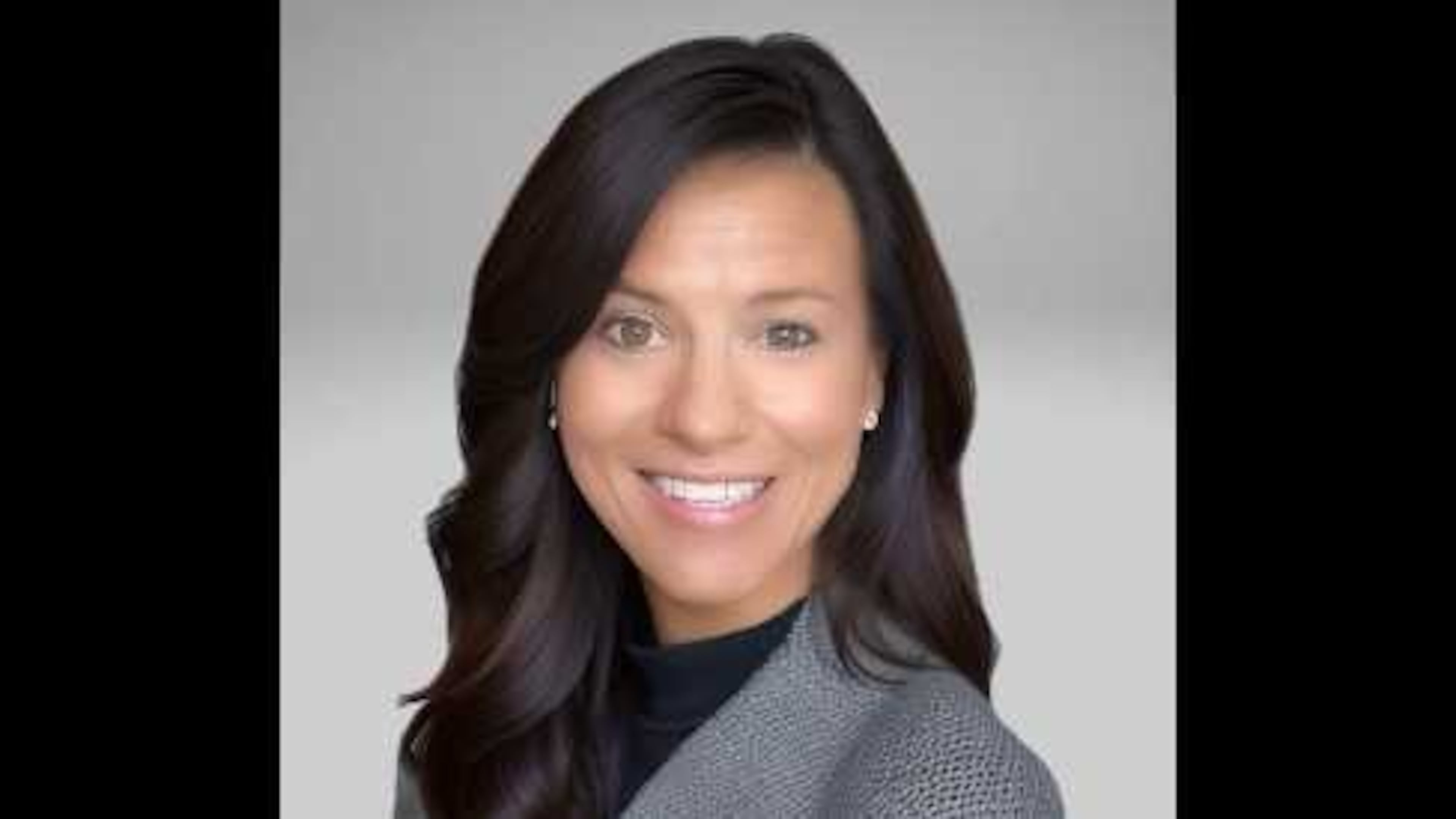The insolvency of goodwill: Investing in great public schools

Insolvency is a word I’m seeing frequently in the headlines these days. According to Merriam-Webster, it refers to the “inability to pay debts.”
This most often refers to financial debts, but there is another debt to think about vis-a-vis public schools: the collective debt this nation owes to public schools as an institution that made the foundation of our nation possible. It distinguished us from other nations, ensuring as many citizens as possible had access to learning and skills needed in life to forge lives of dignity, while also ensuring our democracy was fueled by a well-informed and thoughtful electorate.

Race and class exceptions to the former statement notwithstanding, today, as birthrates and therefore student enrollments decline (yielding less funding for public schools that earn revenue based on number of students enrolled), our collective reverence for public schools and the education profession is at an all-time low. Nationally, satisfaction with public schools is dropping, with 73% of Americans reporting in 2025 they are dissatisfied (even if 43% of Americans would give their own local public schools a grade of A or B). In 1969, nearly 75% of Americans would encourage their child to choose teaching as a career while today, only 40% would.
Yet now more than ever, our collective future hinges on excellent public educators who are themselves skilled at learning as much as they are passionate about helping young people develop goals, interests and meaningful skills. Teachers are the workforce that creates all other workforces. To ensure the future well-being of our communities, we must rekindle the gratitude powering our will to pay back the debt owed to educators and the institution of public education.
We can do this in several ways:
- Notice and name the contributions of education professionals and public schools (not only teachers but also bus drivers, coaches, custodians, principals, superintendents). Make an intentional effort to look for and acknowledge the contributions we see educators and public schools making in our communities everyday. Name and celebrate these the same way we celebrate investors, economic developers and community leaders who make progress possible. One way to celebrate is participating in uplifting campaigns like the Georgia Leadership Institute for School Improvement’s Hidden Heroes. What sets it apart is its inclusivity of all roles that make public education possible, and engagement of the broader community in naming those educators who they experience as making the most profound impact. To honor a Hidden Hero in your school community, go to hiddenheroes.glisi.org. and submit a nomination by Oct. 31.
- Change the way we talk about schools and learning. The language we use shapes our expectations and what we wish for schools to be. Reframing the language of school to center learning helps to shift the narrative from “having” to go to school or “getting the grade” and demands that the school experience be relevant to a world where artificial intelligence and changes in the workplace are fundamentally altering the role we play in thinking, creating, communicating and relating to one another. School must be cultivating in our young people and ourselves the qualities that are uniquely and immutably human alongside competencies needed for successful navigation of a perpetually changing landscape of work. This is how we make it enticing for future teachers.
- Finally, encourage young people to pursue careers in education. Raising visibility of the most noble profession signals to young people that this is an honorable and meaningful way to make a living. Teaching refines presentation skills, demands perpetual creativity, offers practice in interacting with a wide variety of people, deepens expertise, and requires high levels of organization, social skills and time management — all high value skills regardless of profession. If there are young people in your life looking for meaningful work that makes a difference, point them without reservation to teaching.
Join us in addressing the insolvency of goodwill that affects the future of every community in Georgia by giving any of these ideas a try.
Leslie Hazle Bussey is the CEO and executive director of the Georgia Leadership Institute for School Improvement, which works to design transformational learning experiences for successful schools and thriving communities.
If you have any thoughts about this item, or if you’re interested in writing an op-ed for the AJC’s education page, drop us a note ateducation@ajc.com.


